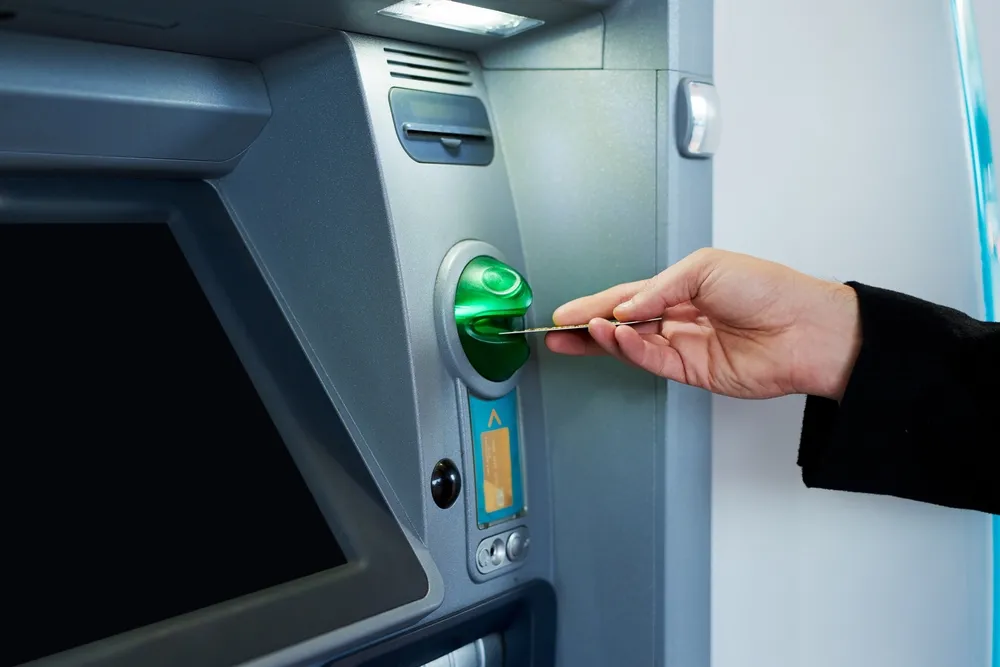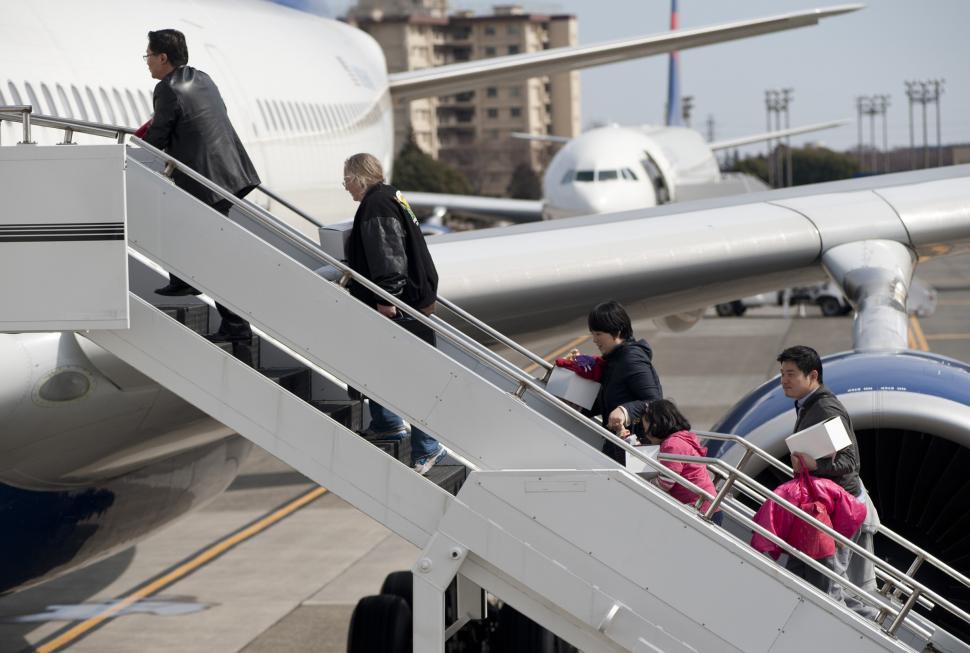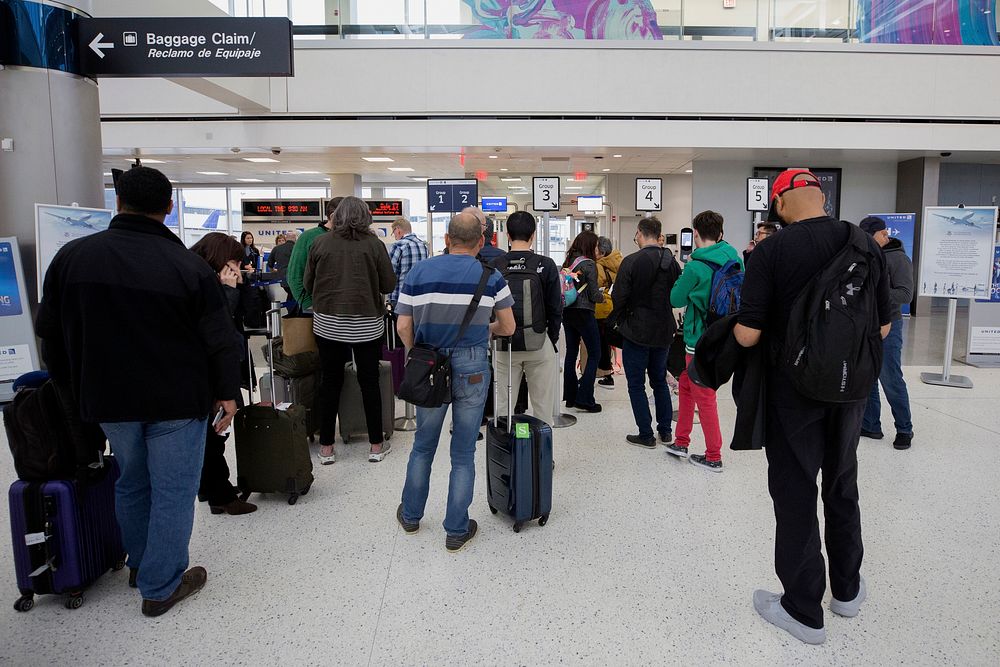If you ever get the feeling that your money vanishes quicker than you expect, you’re not alone. We often overlook the little fees that sneak into our daily lives, quietly chipping away at our budgets. These charges might seem negligible at first glance, but they can add up to significant sums over time. Let’s uncover some of these sneaky fees and see if we can save you a few bucks. Here are 13 ridiculous fees you’re probably paying without realizing it.
1. ATM Withdrawal Fees

While grabbing cash from an ATM might seem convenient, using an out-of-network machine could cost you more than you think. Many banks charge people a fee for using ATMs outside their network, and the ATM owner typically tacks on another fee. According to a Bankrate survey, the average total cost for using an out-of-network ATM reached $4.72 in 2019. That’s almost five dollars disappearing each time you have to withdraw cash in a pinch. Consider planning ahead and withdrawing from your bank’s ATMs to avoid this expense.
It’s easy to overlook these fees because they seem so small. After all, what harm could a few dollars do? But if you frequently find yourself running to the nearest ATM, these charges can add up over time. By the end of the year, you could easily spend upwards of $50 or more just to access your own money. Keep your eyes open for these fees and try to plan your cash withdrawals more strategically.
2. Paper Statement Fees

Gone are the days when receiving bills by mail was the norm. Many companies now charge for sending paper statements, encouraging people to switch to electronic versions instead. While it might feel like a small price to pay for tradition, these fees are entirely avoidable. Opting for e-statements doesn’t only save you money but also reduces paper waste, benefiting the environment.
Switching to electronic statements might require a bit of an adjustment if you’re used to the paper trail. However, you’ll likely find that digital statements are more convenient and easier to organize. They allow you to access your financial information anytime without the clutter of paper piling up. Plus, reducing unnecessary paper use is a great step toward a more sustainable lifestyle. Take the plunge into the digital world and avoid those pesky paper statement fees.
3. Inactivity Fees

Do you have a credit card you rarely use? Beware of inactivity fees, which some companies impose if you don’t meet a minimum usage threshold. These fees can surprise you, especially if you thought stashing that card away was the responsible thing to do. According to credit expert Kimberly Palmer from NerdWallet, these fees can sometimes be avoided by setting a small recurring payment, such as a streaming service subscription, to keep the account active.
Ignoring a dusty old credit card might seem like a harmless oversight, but it could cost you. If you’re not careful, inactivity fees could erase any savings you gain from having a credit card with no annual fee. Take a few minutes to review the terms of your credit card agreement to ensure you don’t get caught off guard. It might be as simple as setting a calendar reminder to use the card for small purchases now and then. Keeping your account active can save you money in the long run.
4. Foreign Transaction Fees

Planning an overseas adventure? Be mindful of foreign transaction fees, which banks charge for processing purchases made in another currency. These fees are often around 3% of the transaction amount and can quickly add up during an international trip. While these charges may seem annoying, they can be avoided with a little planning. Consider using credit cards that offer no foreign transaction fees and always check with your bank before you leave.
When traveling, it’s easy to lose track of how much you’re spending on fees. The excitement of exploring a new place can overshadow the nitty-gritty details of bank charges. But a couple of dollars here and there could mean the difference between a budget trip and an expensive one. Look for credit cards that explicitly state they do not charge foreign transaction fees. With a bit of research, you can find a card that allows you to enjoy your travels without worrying about unnecessary expenses.
5. Overdraft Protection Fees

Overdraft protection might sound like a helpful feature, but it can lead to unexpected costs. Banks often charge a fee to cover transactions if you don’t have enough money in your account. While it might save you from a declined transaction, this “protection” comes at a price. According to a report from the Consumer Financial Protection Bureau, many banks charge around $35 per overdraft. Consider closely monitoring your account balance or linking it to a savings account to avoid these charges.
It’s easy to slip up and underestimate your spending, but relying on overdraft protection can be an expensive safety net. Instead, make it a habit to check your balance regularly through online banking or by setting up alerts. Knowing your financial status will help you make informed spending decisions and avoid costly mistakes. You might also consider opting out of overdraft protection altogether. That way, even if a transaction is declined, you won’t be on the hook for those hefty fees.
6. Resort Fees

Have you ever booked a hotel room only to find the final bill is higher than expected? Resort fees could be to blame. These charges are often tacked on for amenities like pools, gyms, or Wi-Fi, even if you don’t use them. The fees often go unnoticed until you check out and see the bill. Always ask about any additional charges when booking your stay and factor them into your budget.
These fees can be particularly sneaky because they aren’t always included in the room rate. You might snag a great deal on a room only to find out later that additional fees push the cost over your budget. To avoid this unpleasant surprise, make it a habit to inquire about any hidden charges upfront. Some hotels may be willing to waive certain fees, especially if you’re a member of their loyalty program. Staying informed will help you better manage your travel budget.
7. Airline Seat Selection Fees

Choosing your seat on a flight seems like it should be included in the price of your ticket, but many airlines charge extra for this privilege. These fees often vary depending on the seat’s location and the airline’s policy. A study conducted by Henry Harteveldt of Atmosphere Research found that seat selection fees can range from $10 to $100 each way. If you’re traveling with family or friends, these fees can rack up quickly. To avoid them, consider checking in as early as possible or opting for airlines that still offer free seat selection.
Airlines have become quite skilled at adding fees to their base fares, and seat selection is just one example. The temptation to secure the perfect seat can lead you to spend more than you planned. However, with a bit of flexibility, you can sidestep this unnecessary cost. Many airlines will assign free seats at check-in, so being prompt could land you a decent spot. If you’re not picky about where you sit, you could save a fair amount on your travel expenses.
8. Credit Card Convenience Fees

Sometimes paying with a credit card is just more convenient, but it can come with an unexpected cost: the convenience fee. Service providers sometimes pass on the cost of processing credit card payments to their customers. This fee might be a small percentage of the total bill, but over the months, it can add up. It’s particularly common when paying bills like rent, utilities, or tuition with a credit card. Before you swipe, check if there’s a fee, and consider using alternate payment methods like direct debit.
It’s understandable why people gravitate towards credit card payments—it’s fast, easy, and earns points. However, paying extra for convenience can impact your budget more than you think. If you’re consistently paying bills with a credit card and incurring these fees, you could be throwing away money that could be better spent elsewhere. Look into whether your service providers offer fee-free payment options. Sometimes setting up direct debit or using a check can bypass unnecessary charges and keep your funds intact.
9. Early Termination Fees

Contracts can feel binding, and early termination fees make breaking them even more painful. Whether it’s a cell phone plan or a gym membership, ending a contract prematurely often incurs hefty fees. Companies use these fees to discourage people from leaving before the term ends. While they might seem unavoidable, it’s worth exploring your options if you need to break free. Some companies offer prorated fees or special deals for loyal customers, so always ask before signing or canceling.
The prospect of paying to stop a service can be frustrating, but sometimes it’s necessary. Life changes, and locking yourself into a long-term contract can feel limiting. If you find yourself needing to terminate a service early, don’t be afraid to negotiate with the provider. It’s possible they may have a solution that lessens the financial blow, like transferring your contract to a new customer. Being upfront about your situation can sometimes lead to favorable outcomes.
10. Data Overage Charges

In a digital age where data is king, going over your mobile data limit can lead to costly overage charges. Providers often charge exorbitant fees for each gigabyte used beyond your plan’s allowance. With streaming services, online gaming, and constant connectivity, it’s easy to underestimate your data usage. Consider monitoring your consumption with apps that track data or by adjusting your phone settings. Switching to an unlimited plan might also offer savings if you regularly exceed your data limit.
Data overage charges can sneak up on you, turning a standard mobile bill into a budget-busting expense. Staying on top of your usage is crucial if you want to avoid these fees. Most smartphones have built-in features that track data consumption and can alert you when you’re approaching your limit. Taking advantage of Wi-Fi whenever possible is another way to cut down on mobile data usage. A few small adjustments can prevent those unpleasant surprises when your mobile bill arrives.
11. Ticket Processing Fees

Buying tickets for events should be straightforward, but processing fees make it anything but. Ticketing companies often add these fees to the purchase price, which can range from a few dollars to over $20 per ticket. These fees cover handling, delivery, and sometimes just the cost of using a credit card. If you’re a frequent event-goer, these added costs can quickly accumulate. Look for platforms that offer fee-free days or discounts, and consider buying directly from the venue when possible.
Ticket processing fees can feel like an unavoidable part of attending events, yet there are ways to minimize their impact. Being flexible with the events you attend and planning ahead can sometimes reduce these costs. Many platforms and venues run sales or promotions that waive or reduce fees, especially during off-peak times. Additionally, joining fan clubs or mailing lists can sometimes grant early access to tickets with fewer fees. A little research can save you a surprising amount of money.
12. Baggage Fees

Flying often involves more than just the cost of the ticket, with baggage fees being a common addition. Many airlines charge for checked bags, and some even for carry-ons, depending on the ticket type. These fees can vary widely, but they typically range from $25 to $50 per bag each way. Packing light can help avoid these charges, or you can look for airlines that offer free baggage allowances. Being aware of these fees helps you budget better and avoid surprises at the airport.
Navigating airline baggage policies can be tricky, but it’s worth the effort to avoid extra costs. Familiarize yourself with the baggage policies of the airlines you frequently fly with. Sometimes upgrading to a fare that includes a checked bag costs less than paying for baggage separately. If you often travel with luggage, consider joining airline loyalty programs that offer free bags as a perk. These strategies can make your travel experience smoother and more affordable.
13. Subscription Renewal Fees

Many people sign up for subscriptions and forget about them, only to be hit with renewal fees later. Whether it’s streaming services, magazines, or meal kits, these charges can sneak in unnoticed. Companies often rely on the “set it and forget it” model, banking on people not canceling before the renewal date. To avoid this, set reminders to review your subscriptions and cancel those you no longer use. Regularly auditing your subscriptions saves money and ensures you’re only paying for services you actually enjoy.
Subscriptions are convenient, but they can also lead to financial leakage if not managed properly. The automatic renewal feature is designed for ease but can backfire without careful oversight. Make it a practice to review your subscriptions every few months to ensure you’re getting value from each service. There are apps available that help track subscriptions and alert you to upcoming renewals. Staying proactive about managing subscriptions keeps your expenses in check and your budget healthy.
This article is for informational purposes only and should not be construed as financial advice. Consult a financial professional before making investment or other financial decisions. The author and publisher make no warranties of any kind.








